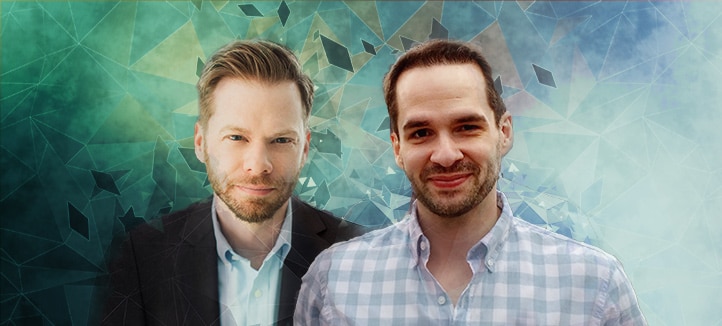

We’re here to do good work and your political views don’t necessarily impact the quality of your work.

Leaders don’t need an official ideology when it comes to politics. No matter what you believe or the environment you are in, you will have people try to move up in status within their peer group. Morality, on the other hand, is much narrower. The difference between morality and ethics is that ethics showcases a general baseline on how to live, what’s good for you and others around you. As we see ourselves in such a positive light, it makes sense why we want to grandstand and let the whole world know how great we are. Grandstanding is the use and abuse of moral talk for self-promotion. Using the analytic tools of psychology and moral philosophy, Justin explains what drives us to behave in this way, and what we stand to lose by taking it too far. Such one-upmanship is not just annoying, but dangerous.

Most importantly, they show how, by avoiding grandstanding, we can re-build a public square worth participating in.Justin Tosi is the author of the recently released book, Grandstanding: The Use and Abuse of Moral Talk. Using the analytic tools of psychology and moral philosophy, they explain what drives us to behave in this way, and what we stand to lose by taking it too far. Drawing from work in psychology, economics, and political science, and along with contemporary examples spanning the political spectrum, the authors dive deeply into why and how we grandstand. As politics gets more and more polarized, people on both sides of the spectrum move further and further apart when they let grandstanding get in the way of engaging one another. To philosophers Justin Tosi and Brandon Warmke, who have written extensively about moral grandstanding, such one-upmanship is not just annoying, but dangerous. Nowhere is this more evident than in public discourse today, and especially as it plays out across the internet.

We want to be seen as taking the moral high ground not just to make a point, or move a debate forward, but to look a certain way-incensed, or compassionate, or committed to a cause. We vilify those with whom we disagree, and make bolder claims than we could defend. We call people terrible names in conversation or online.


 0 kommentar(er)
0 kommentar(er)
